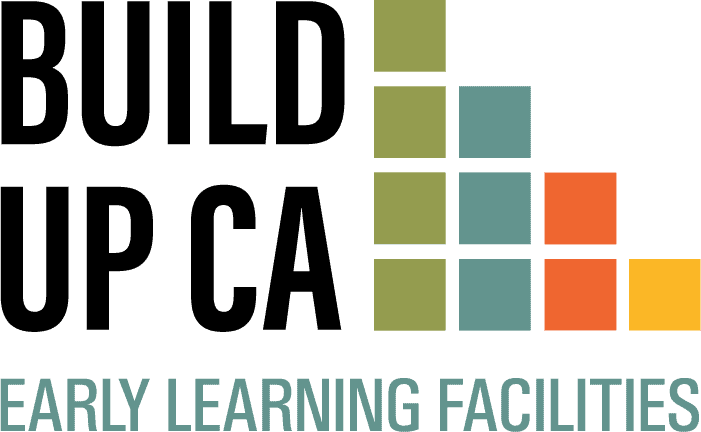Early Childhood education is an increasingly important aspect of American life, predicting not only later school outcomes but also career and work options, economic stability, health, and social opportunities (Sanders-Phillips et al. 2009). School performance constrains the future opportunities of many African Americans. When matched for social class, the gap in educational achievement between African Americans and other groups is substantial. African American children, on average, score lower on tests and are given lower grades than Asian, White, and Latino students. In adolescence, many of them fail courses and drop out of school. Others progress through school but do not excel; they are less often enrolled in honors courses in high school or accepted into competitive four-year colleges (Stanford CEPA, n.d.; Valant & Newark 2017).
The interface between racism/classism and attendant economic and social disadvantages is the key to understanding the underachievement of African American children. African Americans have been exposed to generations of legal and illegal measures to deny them basic rights. From slavery to Jim Crow and to today’s housing, health care, and voting inequities, the African American community has endured unrelenting racism that begins at an early age (Gilliam 2014; Gershenson & Dee 2017). To believe that these insults have not left a cultural residue—for Whites as well as for African Americans—is to deny what we know about power relationships.
For the full read, click here.
Resource by BARBARA T. BOWMAN JAMES P. COMER DAVID J. JOHNS
Initially published in May of 2018.



